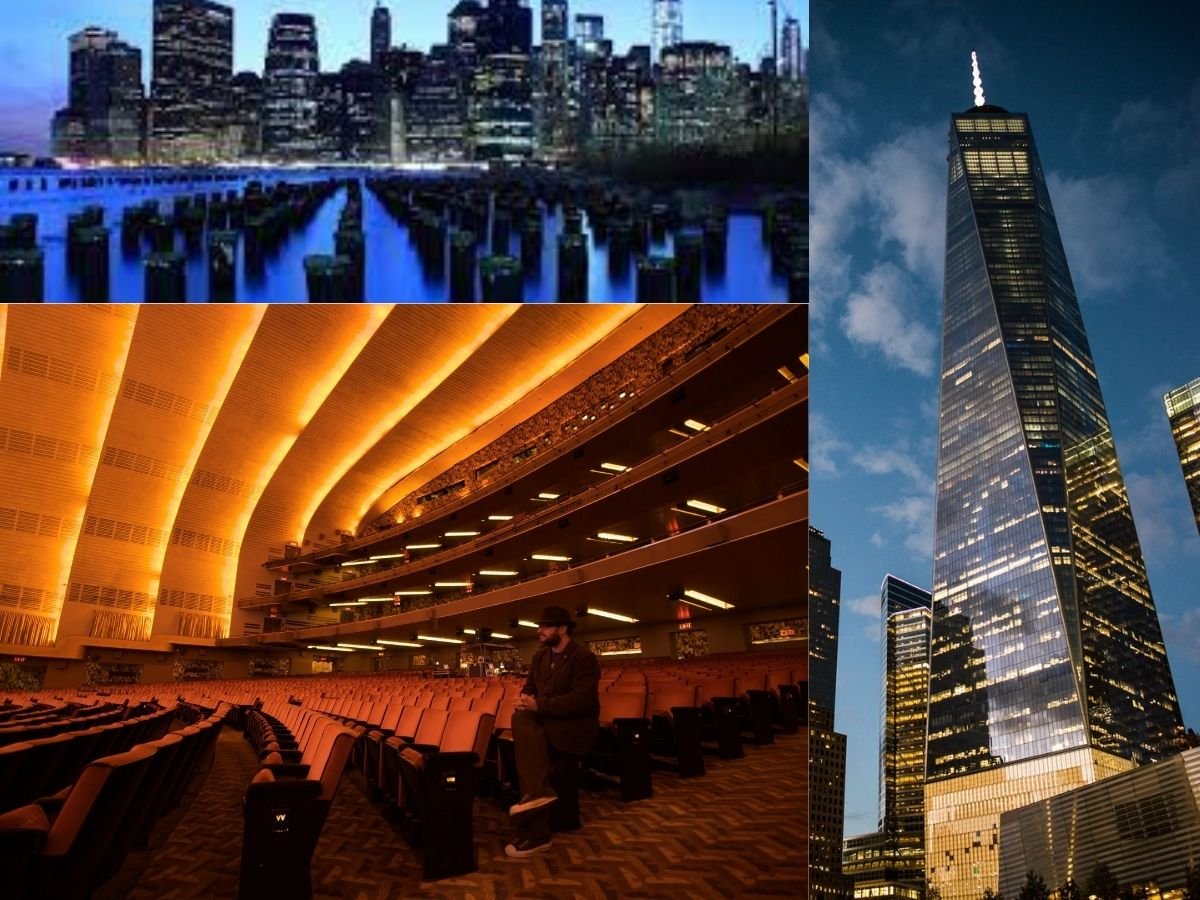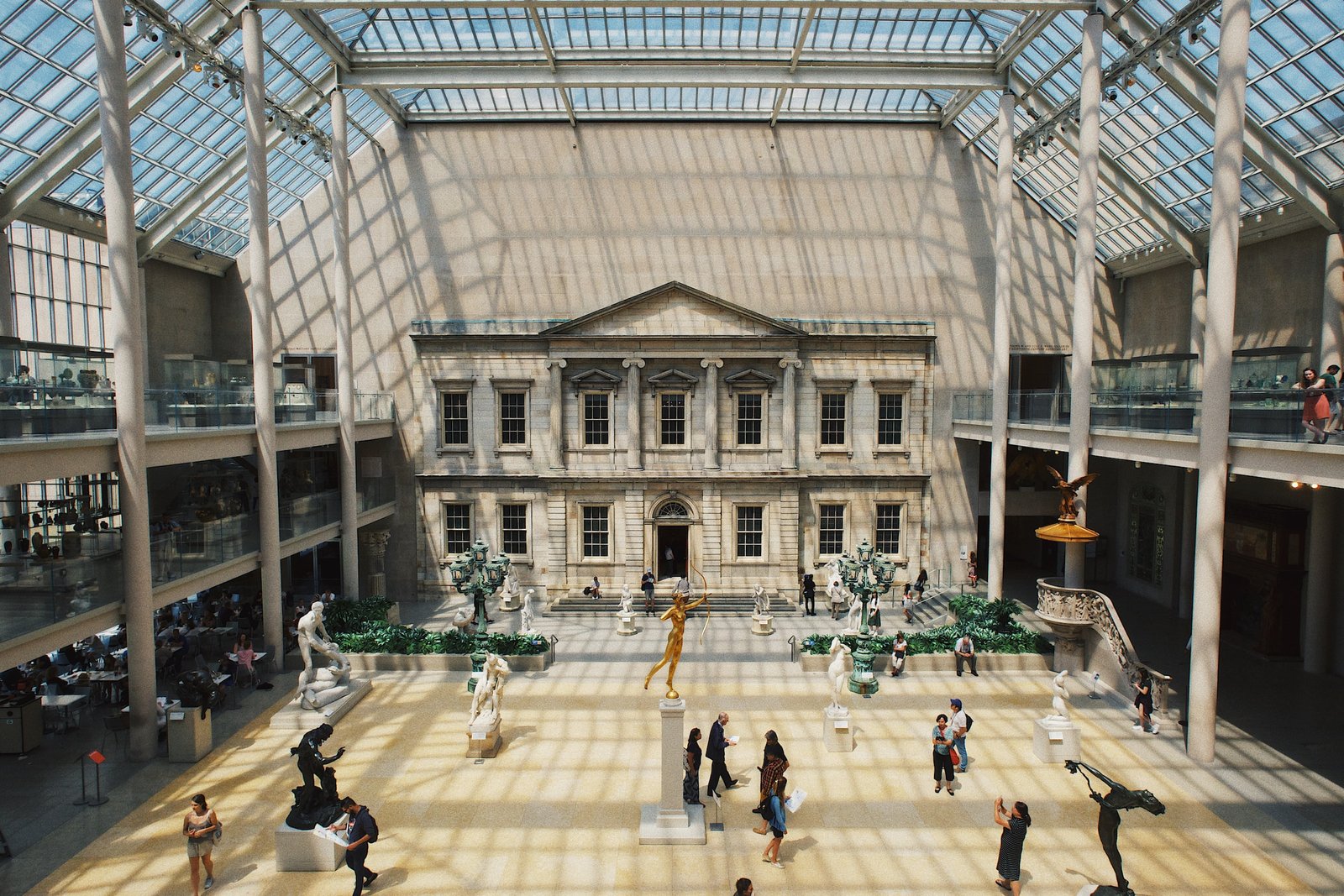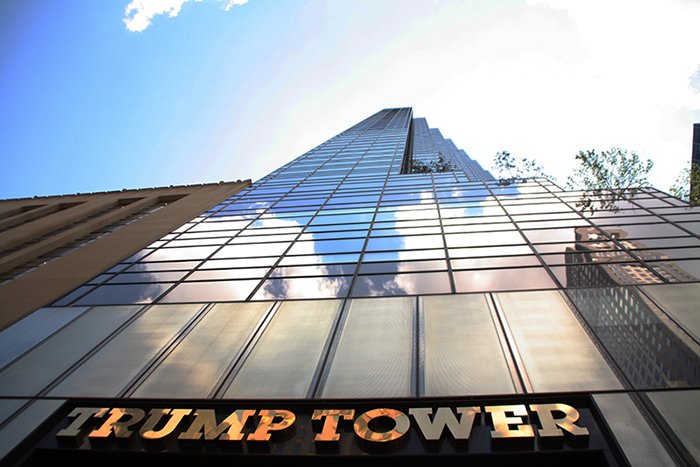France voted in the election for a new president this Sunday after a complex and scandalous campaign laden with accusations of corruption against major candidates and a terrorist attack in Paris that took place as the last debate was aired on television. Needless to say, the campaign created a heavy divide in public opinion on the matter.
The last polling stations were closed at 8pm local time, with typically dependable exit estimates to follow almost directly after the close. However, due to the sharp divide in the nation, the most recent polls imply that the results may be too close to call.
By 5 pm local time, 69.42% of the 47 million registered voters of France had cast their ballots for the election, reported the French Interior Ministry. That turnout of voters is estimated to be considerably lower than at the same point in 2012 and 2007, but noticeably higher than 2002.
Security was tight at most of the election venues throughout the nation, which continues to be frazzled a mere two days after a police bus was attacked in the center of Paris, leaving one officer dead.
CNN revealed that its staff members that arrived at one candidate’s election night headquarters had to pass through five checkpoints prior to being granted access into the building. These checkpoints ensured that they could not carry any liquids, not even e-cigarette cartridges, with them upon entering.
With 11 candidates running in this disputed election, none of the candidates appears to have the chance of winning the election with a clear majority, and only four of the leading contenders are perceived as having a plausible opportunity of moving forward to the second round of voting.
The favorites in the election appear to be far-right National Front front-runner Marine Le Pen, scandal-tainted conservative François Fillon, centrist novice Emmanuel Macron and far-left wildcard Jean-Luc Mélenchon.
Additionally, Benoit Hamon is the mainstream left-wing Socialist Party nominee, but polls insinuate that he has had trouble with gaining pull in the election.
The serving President, and fellow socialist, Francois Hollande, has decided to not run for a 2nd term, in a lightly surprising and atypical twist. Hollande’s approval ratings have been lamentably stagnant for the past several years.
The top two candidates, determined in Sunday’s vote, are set to face each other directly in a runoff election that will occur on May 7. This means France could quite plausibly end up with having to decide between candidates from the far-left and far-right, or a far-right established figure facing off against a political newcomer.
The election is being closely watched as a litmus test regarding European public opinions on populism.
Trump communicated his feelings on the major French on, unsurprisingly, through his preferred form of communication. On Sunday, he tweeted that it was a “very interesting election currently taking place in France.”
His most recent comment was made two days following his statement regarding the attack in Paris “will have a big effect on presidential election!”
Although populist political leaders have recently added commotion to the political landscape across Europe, Austria, the Netherlands and Italy have all resisted voting populist candidates into power in their latest elections.
France has lamentably faced the bulk of terror attacks in Europe. On the evening of the 13 of November of 2015, 130 people were killed in various bombings and shootings across the city of Paris. Then in July 2016, 86 people were killed when a truck was violently headed into crowds commemorating Bastille Day in Nice.
The choice in method regarding how to counter the threat of Islamist extremism in the nation has continually furthered and complicated the split a country that has traditionally been split between left and right, and polls seem to suggest there is a considerable desire for change in France.
“We have been hit by attacks and a lot has happened these past two years and now we’ve had enough. A change needs to happen,” Frederic Akermann, a 59-year-old Parisian electrician stated in a recent interview given to CNN.
Laure Granval, a 26-year-old French fashion designer, stated that she believed the country had taken a wrong turn in past few years.
“People are being manipulated and the political discourse has become so reactionary. We need to remember that we are all human and we shouldn’t fight each other. I’m voting for someone who I think represents my views. We can’t give into divisiveness,” she said.
Security was already high on the political checklist of the candidates anteceding the attack in Paris on Thursday.
Various of the key candidates canceled previously planned events that were set to take place on what was supposed to be the last day of campaigning Friday, choosing to make televised statements, rather than in-person appearances, to seriously discuss security and promise a clampdown on ISIS, which claimed responsibility for Thursday’s attack.
President Francois Hollande, who cast his vote in Tulle in the southwest of the nation, recognized that these were difficult and worrying times for France.
“We are in a period, but this period is neither recent nor over, so we have to mobilize a lot of resources, in particular for the two days of vote for the presidential election and then the legislatives. And for the French I think it is the best message they can send, it’s to show that democracy is stronger than anything,” he stated.
Other than security, immigration and the economy are the major concerns on the minds of voters. Many voters, and even politicians, attribute blame to France’s present immigration policies for aggravating France’s unemployment rate and contributing to the recent terror attacks, which resulted in deaths.
Le Pen: The far-right candidate has informed her supporters in the run-up to the vote that if she were to be elected, she would put a cessation even on legal immigration to the nation, as well as shutting down “Islamist” mosques and ousting radicals. Furthermore, she has vowed that if she wins, France will leave the European Union, in addition to the border-free Schengen zone.
Macron: This 39-year-old prior economy minister has the intent to take the centrist path to the Elysee Palace, which he plans to do by garnering support from both left and right with assurances to stimulate the economy and improve security. His party, “En Marche” which was only created this past September, currently over 200,00 members and his meetings have attracted the attention of immense crowds.
Although, he has never held elected office before and his lack of experience, lack of an established party and his youth could be considered unfavorable factors on his behalf.
Fillon: The majority Republican candidate was a frontrunner at the start of the campaign, but its popularity descended considerably following a scandal over allegations that he had paid his wife and children for work they did not do. He, unsurprisingly, repudiates any wrongdoing on his part. He has also promised revisions to the French state and reductions in public spending, while increasing security.
Mélenchon: The far-left candidate has experienced a recent surge in popularity after his striking participations in the presidential television debates. However, the policies of the 65-year-old candidate, which include renouncing from NATO and the International Monetary Fund and renegotiating EU rules, seem very improbable to please all voters.
Featured Image via Wikimedia.










































